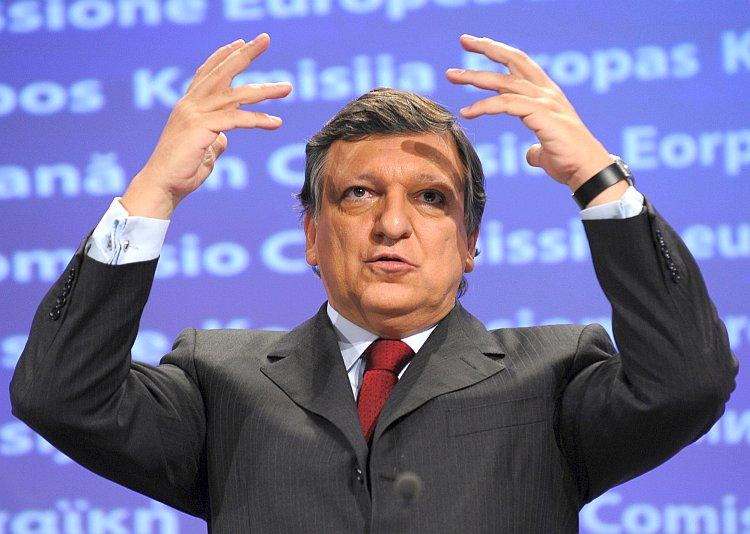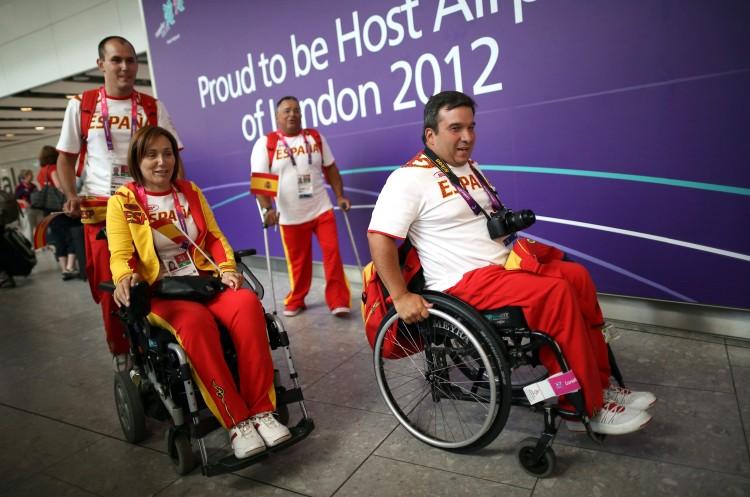In its attempt to deal with the expanding eurozone crisis, the European Commission proposed on Wednesday a set of radical measures that would transfer power from the elected Parliament to unelected technocrats.
The measures, unveiled by Commission President Jose Manuel Barroso, would force eurozone governments to pass their national budgets by the commission—which is unelected—for approval. Furthermore, the EC wants to be able to force eurozone countries to accept bailouts.
Critics argue that this would erode democracy, but the commission defended the move as necessary for the survival of the euro.
“Without stronger economic governance in the eurozone it will be difficult if not impossible to sustain the common currency,” Barroso said at a press conference at the EU headquarters in Brussels.
EU news source euobserver.com called the proposals “unprecedented” and “perhaps the most radical shift in decision making away from parliaments and toward unelected bodies in the history of the European Union.”
It is expected that the move will cause an uproar among euroskeptics who already accuse the union of being too bureaucratic, undemocratic, and weakening the powers of the state.
The two proposals, if adopted, would mean that all 17 eurozone countries would have to submit their draft budget plans to the commission, which would be able to demand changes if the original draft does not comply with the commitments made by the member states. Furthermore, countries that exceed the budget debt and deficit rules would have to submit to enhanced surveillance by the commission. Inspection teams could be sent to countries deemed to be in trouble, whether they like it or not.
The commission would also be able to give recommendations to the Council of Ministers that a country in dire straits should accept a bailout. This would in practice generate such market pressure on that country that it amounts to a direct order, an EU observer argues. This would help ensure bailout packages go through as quickly as possible, versus allowing countries to dither until the situation becomes worse for everyone.






